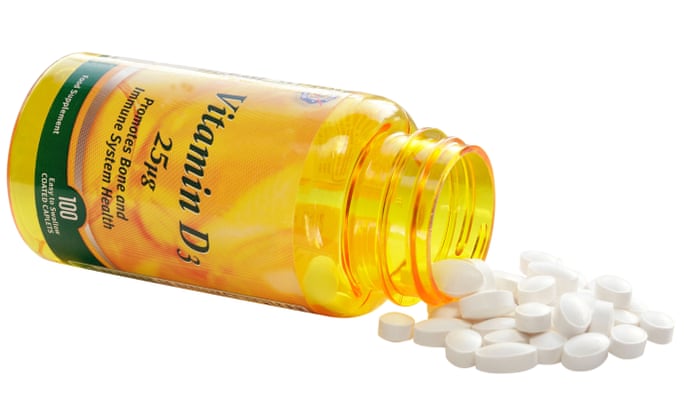
Vitamin D is well-known for its role in prevention and treatment of bone health issues. A new study looks at whether taking a high-dose vitamin D supplement could help prevent heart disease as well. The result: Taking monthly high-doses of vitamin D supplements does nothing to prevent cardiovascular disease.
The researchers tracked the cardiovascular health of about 5,000 adults between ages 50 and 84. About one-quarter were vitamin D deficient at the start of the study.
Half of the participants were assigned to receive a high-dose vitamin D supplement once a month. They first took a dose of 200,000 IUs, then took a regular monthly dose of 100,000 IUs.

The other half of the participants received a monthly regimen of placebos. All participants followed this regimen for more than three years, on average.
The results showed nearly 12 percent of both groups developed some form of cardiovascular disease. The risk for developing high blood pressure and/or experiencing heart attack, stroke, heart failure, or angina was similar whether or not a participant had begun the study with a vitamin D deficiency.
Dietary supplements and heart health
The study’s results are in line with what others have already shown about dietary supplements and heart health, says cardiologist Steven Nissen, MD.

“This is yet another study that shows that vitamins and dietary supplements have virtually no benefits in preventing heart disease,” Dr. Nissen says.
Previous research has shown that people with low vitamin D levels have an increased risk for heart disease. Other studies that sought to determine a benefit in taking vitamin D for heart health used lower doses of the supplement. This latest research tested a very high dose.
There is no magic bullet supplement when it comes to heart health, Dr. Nissen says. He recommends that instead of taking supplements, people should focus on improving their overall health habits.
“Exercise, eat well and know your numbers — know your cholesterol, know your blood pressure,” Dr. Nissen says. “Make sure you keep your body weight down so you don’t get diabetes, and you’ll be way ahead of the game.”

People often ask about supplements after reading about them on the internet, Dr. Nissen says. It’s best to make sure that what you read online is based on science, he says.
To date, there is no good scientific evidence that vitamin D supplements can help you avoid heart disease, Dr. Nissen says.
It’s always best to talk with your doctor before starting any supplement, he says.
Complete results of the study are published online in the journal JAMA Cardiology.